
Duck
Duck
Duck
In Japan, the word “Duck” refers to wild and domesticated ducks differently. This time, I will talk about domesticated ducks. We talked about wild ducks in the “Wild Duck” article. Whether it’s in the form of a toy design or a character motif, Domestic Ducks are something we see a lot of! We know that they are common birds, but we don’t often have the opportunity to learn more about them. Why don’t we take a look at this page together and explore the secrets of Domestic Ducks?
Duck Basic Infomation
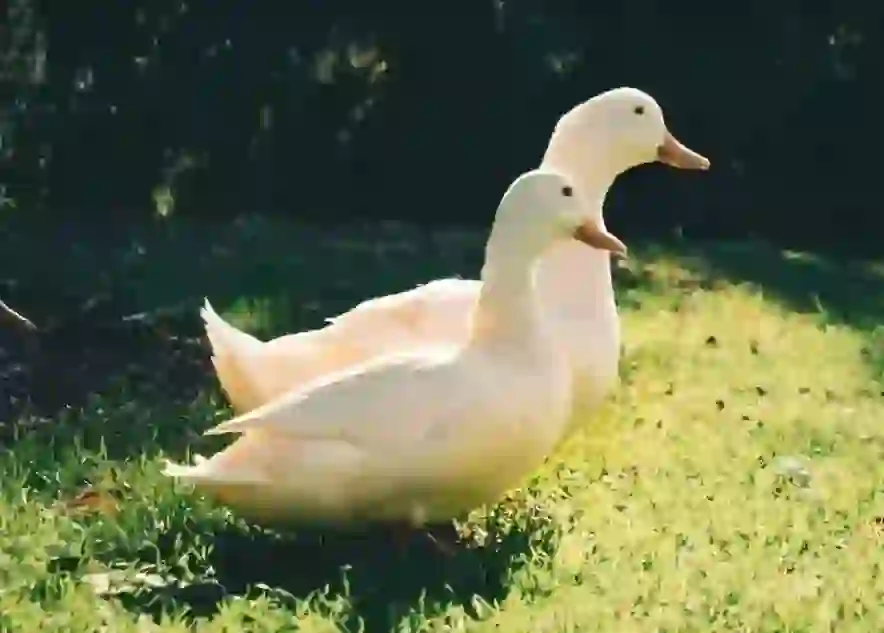
Aves-Anseriformes-Anatidae.
Length 30~60cm. Weight 600~5,000g.
Domestic Ducks are animals that have been domesticated from birds that were originally mallards, so they are mainly seen under human care.
Some Domestic Ducks that have escaped or been abandoned may have become feral.
They are mainly raised for meat and egg production.
Also, because Domestic Duck feathers are warm and highly functional, they are sometimes raised for feather collection.
The history of Domestic Ducks and humans is ancient, and in Japan, it is thought that the word “karinoko” in the Tale of Genji from the Heian period refers to Domestic Duck eggs. There is also a theory that Domestic Ducks have been raised since this time.
It was around the Edo period that breeding spread in earnest, and a book has been found that describes actual breeding methods.
When distinguishing between male and female Domestic Ducks, it is their calls, tail feathers, and beaks that are used. Males make a high-pitched “quack!” sound, while females make a low-pitched “gaa!” The tail feathers of males are curled, while those of females are not. Also, only the beaks of females are black.
The lifespan of a Domestic Duck is about 10 to 20 years, although some Domestic Ducks have lived as long as 47 years.
Domestic Ducks are omnivores. This is because they are birds that have been bred by humans. They eat vegetables and fruits, meat, and insects, among other things.
※Poultry refers to birds that are raised for meat, eggs, feathers, and other purposes. ※Breeding is the process of creating new breeds of livestock and other animals that are useful to humans.
Duck Q&A

Why don't Domestic Ducks fly?
When you think of Domestic Ducks, you might imagine them walking around with their tails wagging or living leisurely on the water’s edge.
It’s hard to imagine Domestic Ducks flying in the sky, but do Domestic Ducks really never fly?
The answer is that Domestic Ducks can fly, but they can only fly a few meters high.
So why can’t they fly very well? Some say that Domestic Ducks have been bred not to fly or that they don’t know how to fly. Others believe that as Domestic Ducks became domesticated, their bodies grew larger and heavier, making it difficult for them to fly.
If the parent bird cannot fly, then the chick may not know how to fly as it grows up, and this chain may continue.
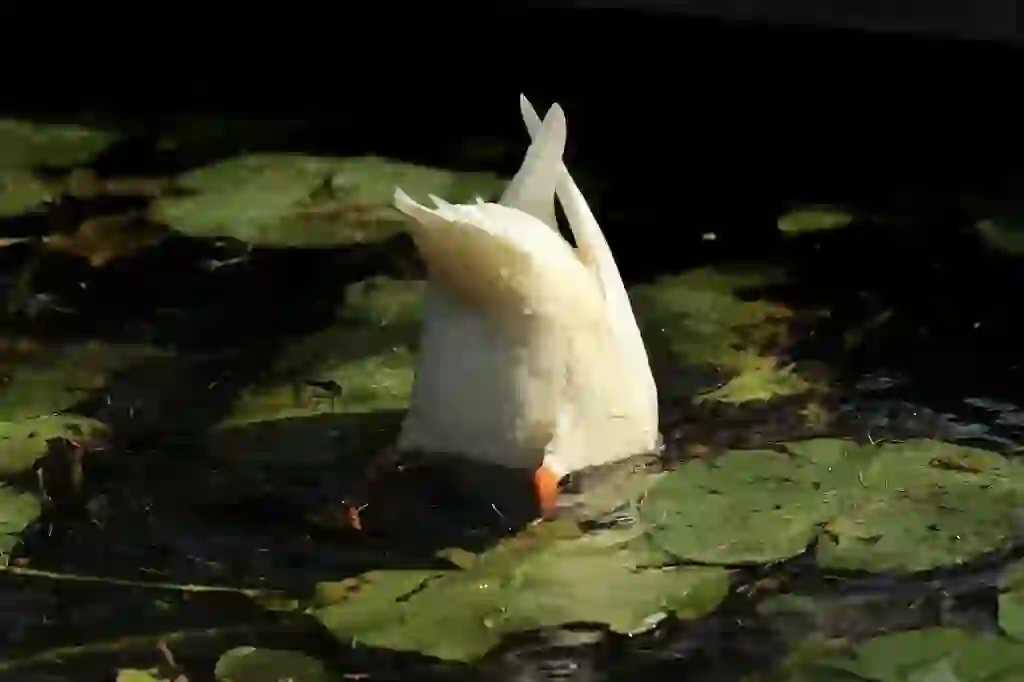
How can Domestic Ducks stay on the water all the time?
Domestic Ducks are usually found on the water, but it’s curious that they don’t sink.
Actually, it’s interesting to note that Domestic Duck feathers are designed to repel water well. The feathers are very light and contain a lot of air between the skin and the feathers. In other words, Domestic Ducks are in the same state as if they were wearing a buoyancy aid filled with air inside their feathers.
This means that water does not directly touch their bodies, so they don’t feel the cold as much and can stay on the water for a long time without any problems.
As mentioned in the previous Q&A, Domestic Ducks are not good at flying. Therefore, if a Domestic Duck is attacked by an enemy and cannot fly away, it is at risk of being caught immediately.
For this reason, Domestic Ducks are safer on the water than on land because it is easier for them to protect themselves from predators.
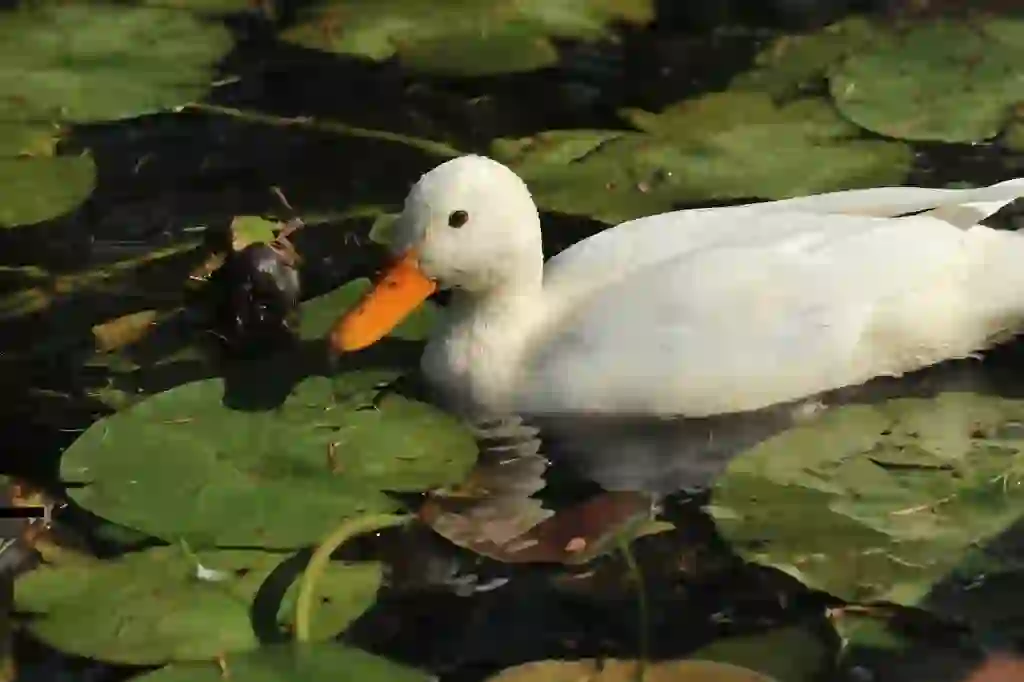
Can Domestic Ducks be kept at home?
Recently, you may have seen them in TV commercials and thought they were cute!
Can you keep these cute Domestic Ducks as pets at home? If you want to keep a rare animal, you may need to follow the laws established by the country. This time, I will introduce whether it is possible to keep a Domestic Duck at home in Japan.
Actually, there are Domestic Ducks that were born as pets. They are called “Call Ducks” and are a very small breed of Domestic Duck. They are about 30cm long and weigh about 600-1000g.
They have a chubby body shape with a small beak and a plump neck that is adorable. It seems that female Call Ducks have louder voices than males, so if you are considering keeping them in an apartment or condominium, males may be more suitable.
They are friendly and seem to get used to their owners well, but they can be lonely and may cry out loudly if left alone for long periods of time.
They are not often sold in pet shops, so they are usually obtained from farms or other places. The price is about 10-20,000 yen for an adult bird and about half that for a chick.
By the way, there are also Call Ducks that cost about 100,000 yen depending on the color. There are many variations such as white, black, gray, snow, blue, black & white mix, pastel blue & white mix.
Indoors or outdoors, you can keep Domestic Ducks as pets, but there are some points to keep in mind for each.
For indoor Domestic Ducks, prepare a spacious dog cage. For outdoor Domestic Ducks, you need a sturdy cage to protect them from external threats.
Domestic Ducks like to take a bath, so it’s a good idea to let them take a bath once a day. It is recommended that you create a play area with a children’s vinyl pool or something similar and place it in an easy-to-clean place such as the garden.
If there is a river or pond nearby, you can also take them for a walk and let them take a bath.
As mentioned in the basic information, Domestic Ducks are omnivores and eat various things. It is generally recommended to feed them waterfowl food or chicken feed sold at pet shops.
Furthermore, it is important to note that Domestic Ducks cannot be trained. Therefore, they will not remember where the toilet is and will defecate anywhere, such as on the flooring or bed. As Domestic Duck feces contain a lot of moisture, frequent cleaning is necessary.
Finally, it seems that some people may become overwhelmed by the amount of care required for Call Ducks and may want to give them up.
If this happens, please be sure to find a new owner for them.
Call Ducks cannot adapt to the wild and will die if released outside without proper care.
This applies to all animals; please consider carefully whether you can take care of them until the end and not just because they look cute! Please think carefully before adopting one.
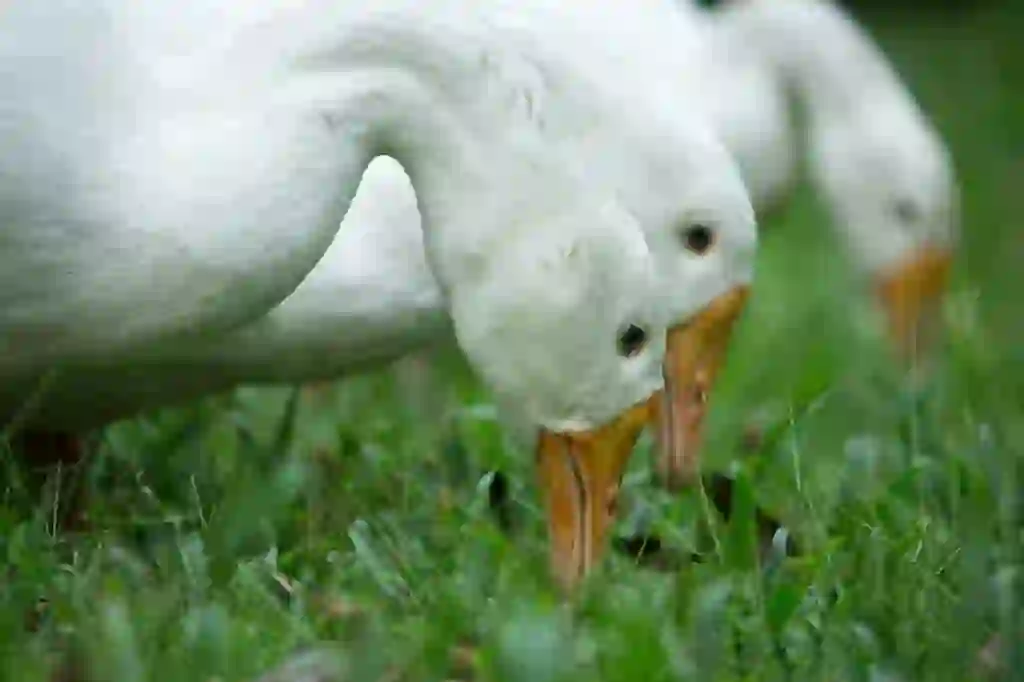
Where does the Domestic Duck get its name?
In Japanese, Domestic Ducks are called ‘ahiru’, and there are two theories about the origin of the name.
One is that Domestic Duckks have large, wide webbed feet. This was originally called ‘ashibiro’ (wide feet), which became ‘ahiro’ and then changed to ‘ahiru’.
The other theory is that the way Domestic Ducks walk looks like ‘ahiro’ (broad foot), which became ‘ahiru’.
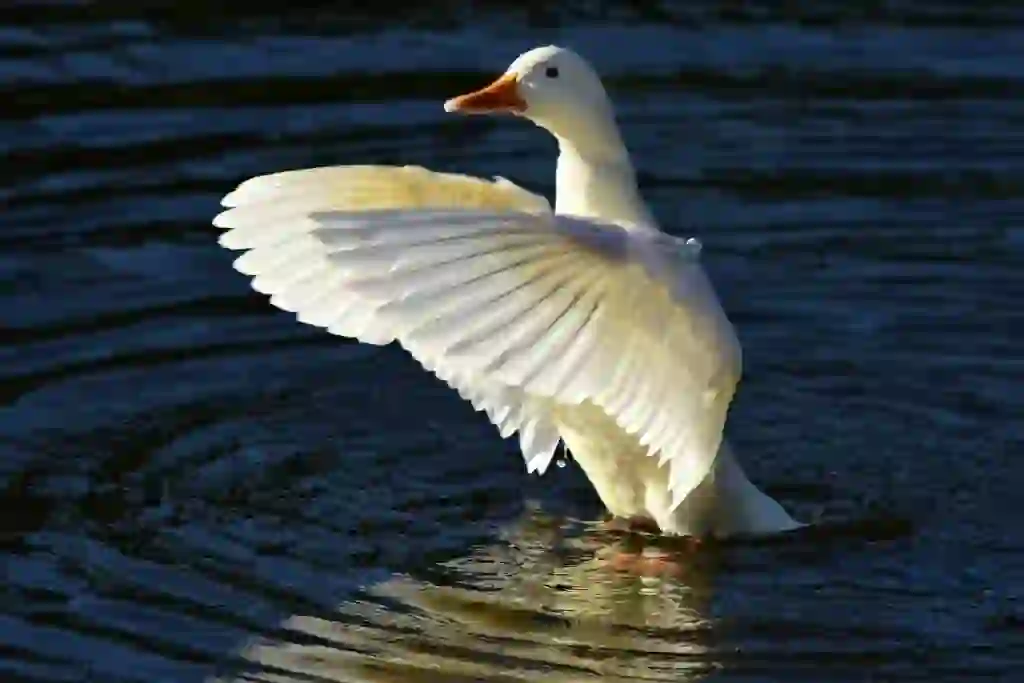
Why is the body of a Domestic Duck white?
When you think of Domestic Ducks, you might imagine a pure white body. According to one theory, the white color stands out in the wild because it doesn’t blend in with the surrounding scenery.
However, when domesticated, it is thought that deliberately standing out makes it easier for humans to protect them.
It is also said that the white color was chosen as a result of continued breeding because it makes them easier to find when they escape somewhere and brown or other protective colors make them harder to find.
However, there are still many mysteries surrounding this and there is no clear evidence, so it seems to be just a hypothesis.
※Protective coloration is a color that adapts to the surrounding scenery or environment to make it difficult to distinguish.
※A hypothesis is a tentative answer that assumes that this is probably what is happening.
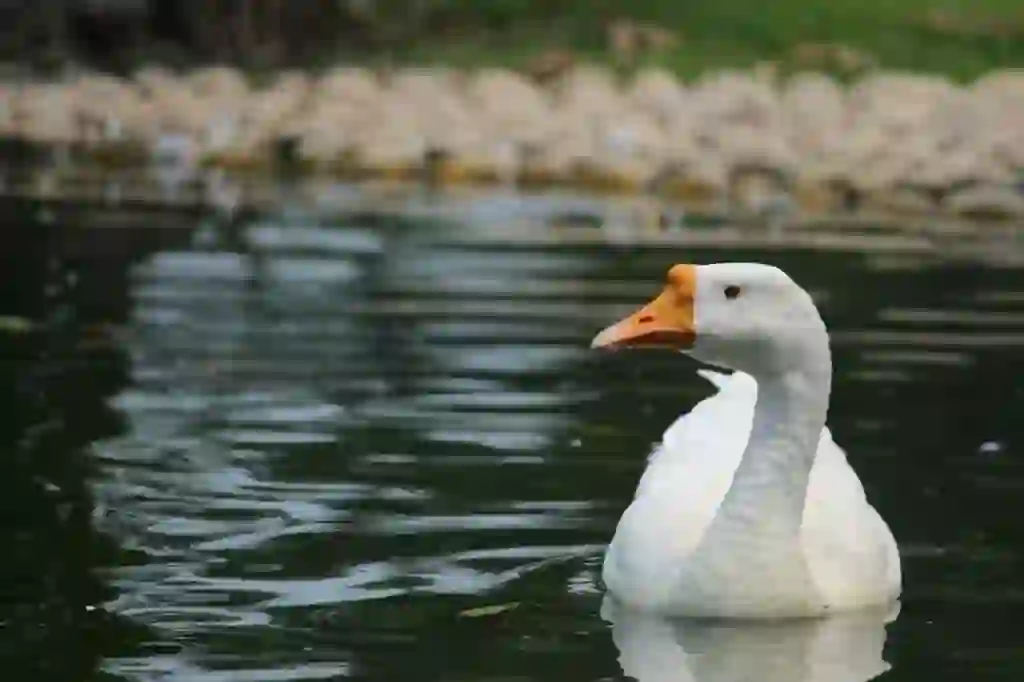
What is the difference between a Domestic Duck and a swan?
Domestic Ducks and swans are birds that are covered with pure white feathers. These two birds look similar at first glance, but are there any differences other than their names?
Actually, each of them is divided differently. Specifically, Domestic Ducks are classified into the “Anas” genus and swans are classified into the “Cygnus” genus. Swans are also in the same order and family as Domestic Ducks, but Domestic Ducks are birds that were born from the breeding of mallards, so that’s where the difference lies.
And if you look closely, there are several differences in appearance between Domestic Ducks and swans. The most obvious is the length of their necks. Domestic Ducks have shorter necks than swans. There are other differences as well,
・Domestic Ducklings are yellow. ・Cygnets are gray. ・Domestic Ducks have yellow beaks. ・Swans have black beaks.
You can see the differences in these characteristics. If you have the opportunity to see both birds, please refer to them.
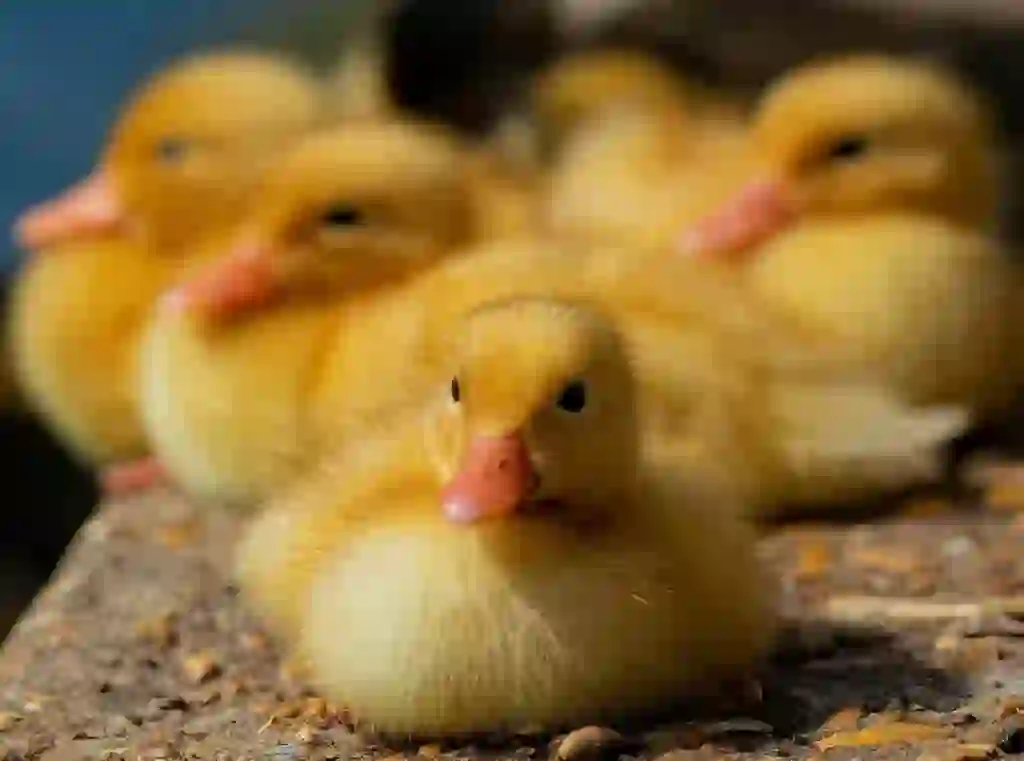
Is it true that Domestic Ducks give birth to a lot of eggs?
This is a true story. It is said that Domestic Ducks lay about 150 to 250 eggs a year.
Why can they lay so many eggs? It is thought that Domestic Ducks are birds that have been genetically modified and are therefore affected by it.
Laying that many eggs in a year means laying almost one egg every day. Depending on age and season, the number of eggs laid may be slightly lower.
And strangely enough, Domestic Ducks can lay eggs even without males. However, in that case, the eggs are infertile and no chicks are born even if they are warmed. Such eggs are called “unfertilized eggs”.
On the other hand, when males and females mate and warm the eggs, the resulting chicks are born from “fertilized eggs”. By the way, chickens have the same constitution as Domestic Ducks.
In addition, unfertilized Domestic Duck eggs can be eaten just like chicken eggs. However, since there are many bacteria in them, they cannot be eaten raw.
There is a famous Chinese dish called “century egg” that uses such eggs, but it seems to have a unique taste. Domestic Ducks seem to have a slightly stronger flavor than chicken eggs, so it seems difficult to use them in cooking.
If you have a chance, please try comparing chicken eggs and Domestic Duck eggs.

Would you like to become a part of the 'Animalbook.jp'?
Turn your knowledge into Q&A and share it with the world. ※Publication will be activated after purchase. Let's share information together!
Duck Type of List
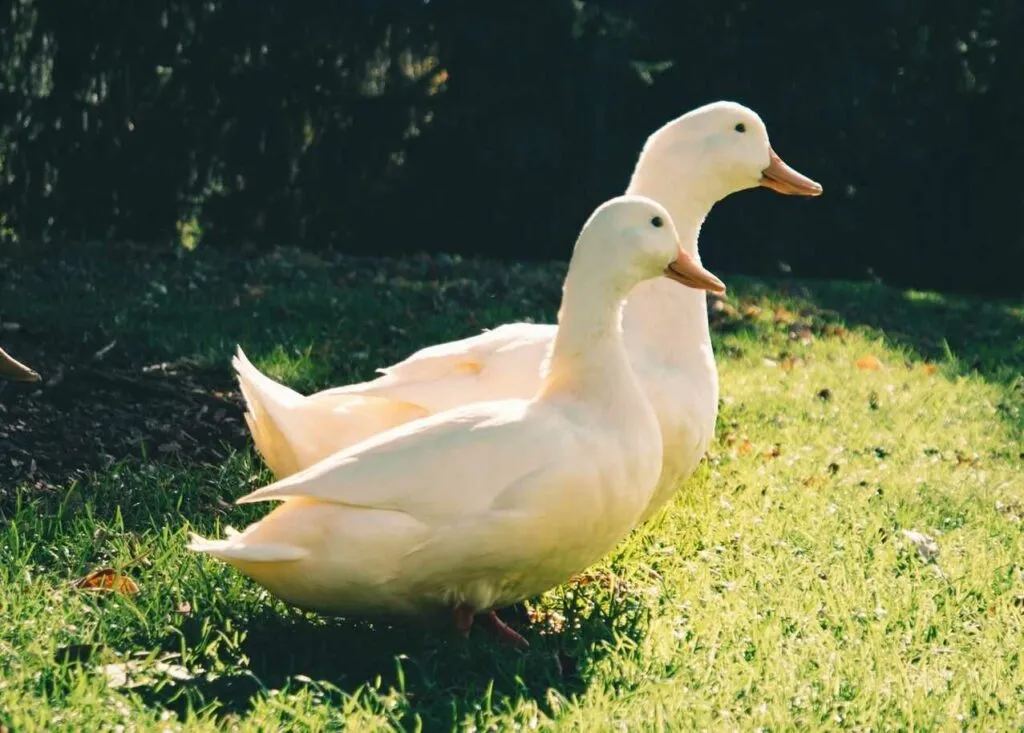
・White Japanese Domestic Duck. ・Pekin duck. ・Call duck. ・Japanese Mallard Duck. ・Osaka duck? ・Khaki Campbell. ・Indian Runner. ・Shiki duck? ・Cayuga duck. ・Kanmuri duck? ・Saxon duck? ・silver apple yard? ・Swedish Blue? ・Buff duck? ・Rouen duck? ・Alesbury duck? ・Teiger? ・Pomeranian duck? ・Magpie duck? ・Muscovy duck? ・Guanyin duck? ・Mulard?
Information
Congratulations! You are the first commenter!

Create Your Favorite List!
Duck
Save the animals you love! Build your own list to quickly revisit your favorites later.

Would you like to leave a comment?
※Please note: This is for the purchase of rights to post comments within the article.
Find Your Favorites!
Our shop offers a unique and attractive selection of goods themed around various animals.
Duck References

- ブリタニカ国際大百科事典 小項目事典
- 日本大百科大全集(ニッポニカ)
- PetPedia https://petpedia.net/article/397/duck#toc-126
- アヒルの飼育と生態 http://xn--cck2e3c.biz/
- Travel Book ライフスタイル https://www.travelbook.co.jp/topic/17876
- アヒルのカルーちゃん http://past.birdstory.net/blog/birdcolumn/ahirunocarue/ahirunocarue006
- NHK 子ども科学電話相談 https://www.nhk.or.jp/radio/kodomoqmagazine/detail/20190802_02.html
- ウィキペディア https://ja.wikipedia.org/wiki/アヒル
- 万物の寿命まるわかり事典 http://www.lance4.net/banbutuno-jumyo/aa-bird.html
Duck Introduction of media used
出典:https://pixabay.com/videos/id-37020/

出典:https://www.pexels.com/ja-jp/photo/724372/

出典:https://pixabay.com/images/id-4505734/

出典:https://pixabay.com/images/id-4528299/

出典:https://www.pexels.com/ja-jp/photo/594111/
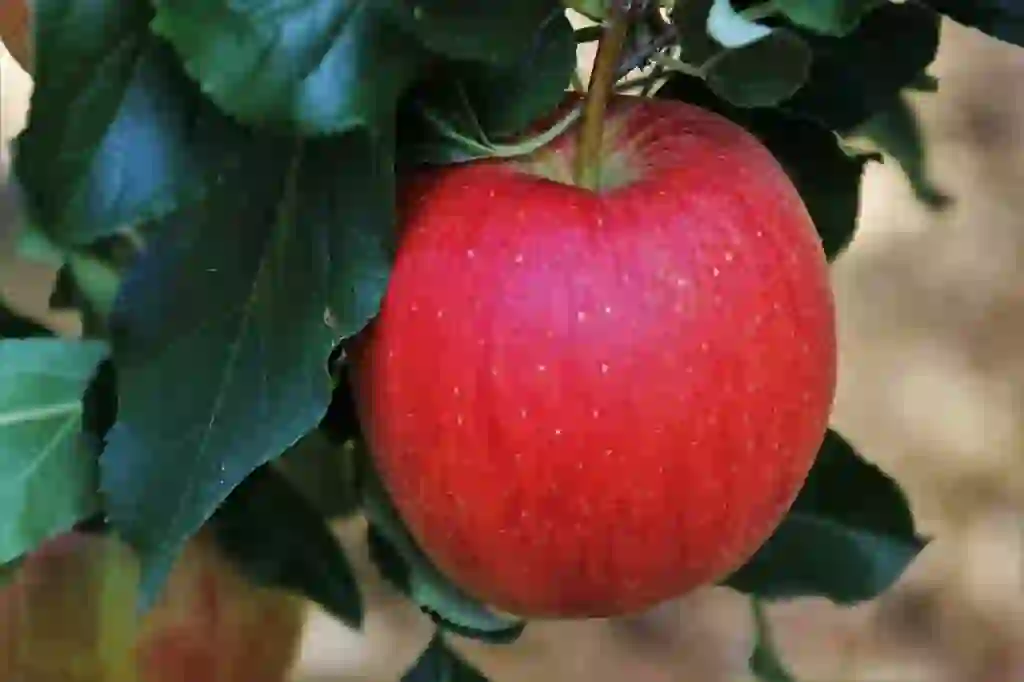
food
出典:https://pixabay.com/images/id-3643286/

出典:https://pixabay.com/images/id-4837812/

出典:https://www.pexels.com/ja-jp/photo/730278/

出典:https://pixabay.com/images/id-5771202/
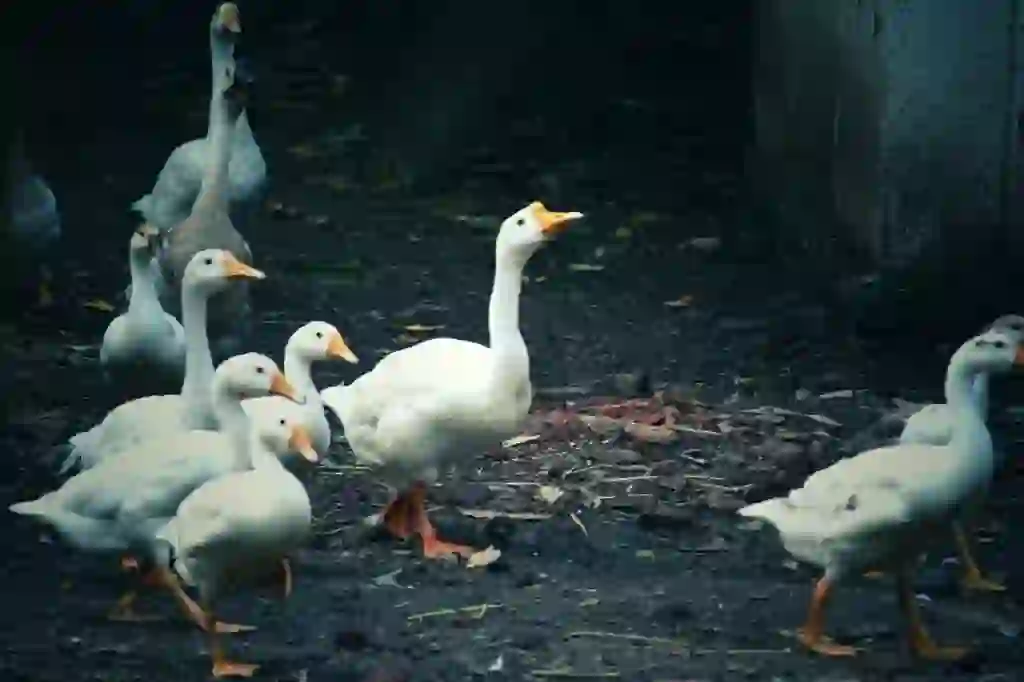
出典:https://www.pexels.com/ja-jp/photo/449165/
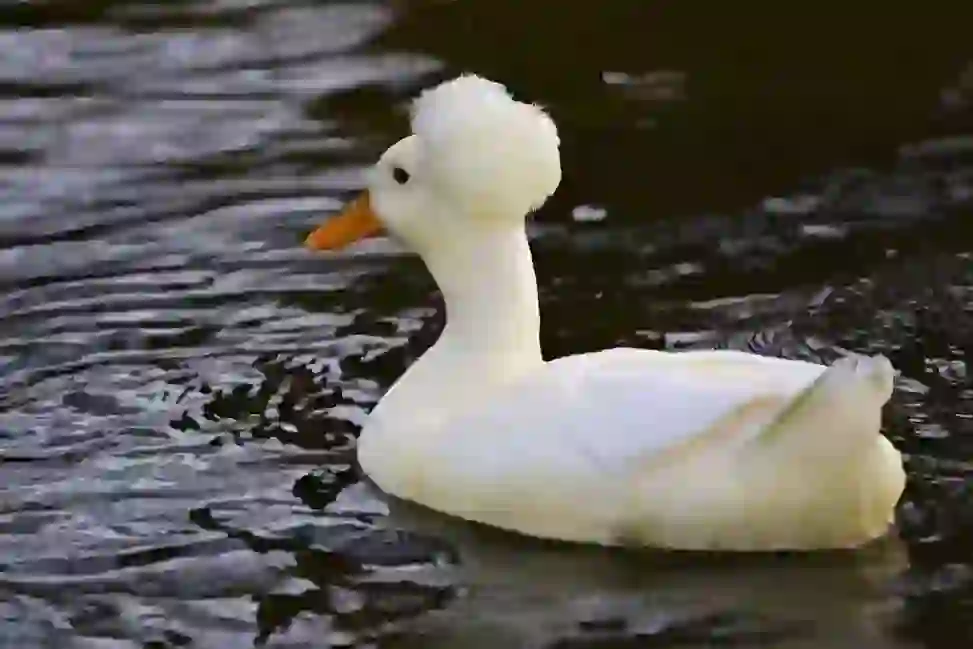
出典:https://pixabay.com/images/id-4865868/
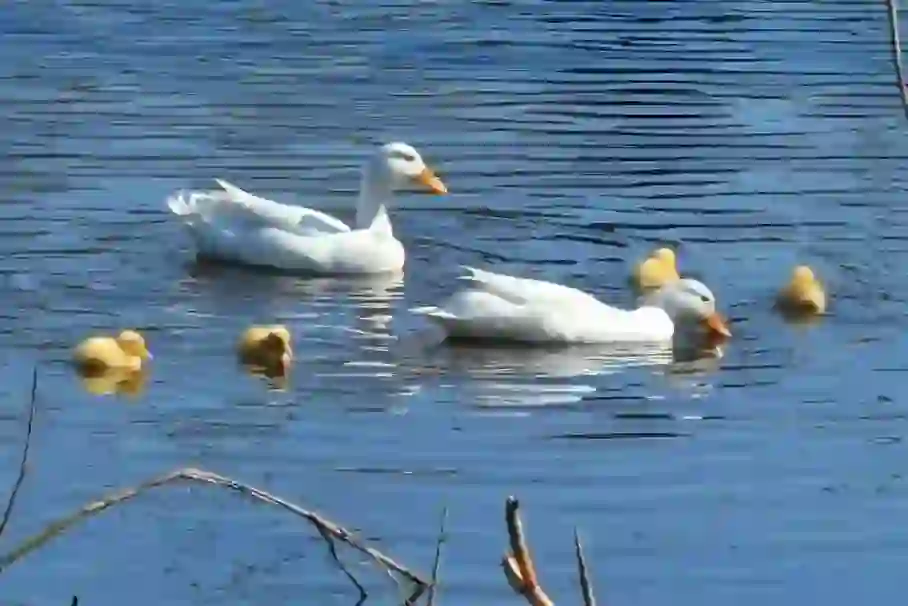
出典:https://pixabay.com/images/id-4097418/
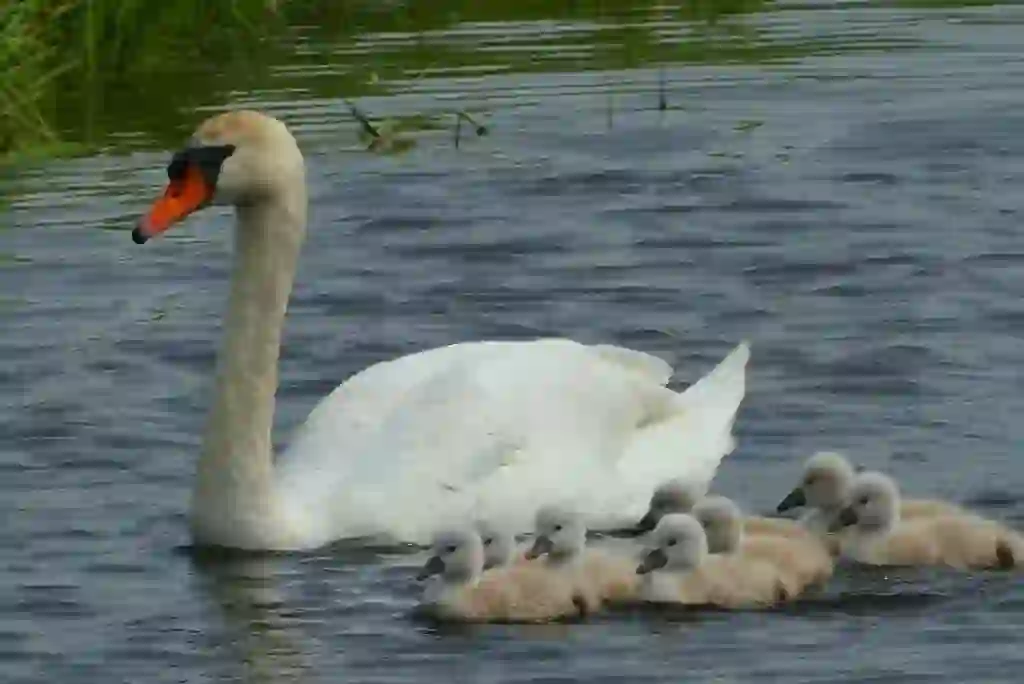
出典:https://pixabay.com/images/id-4188974/
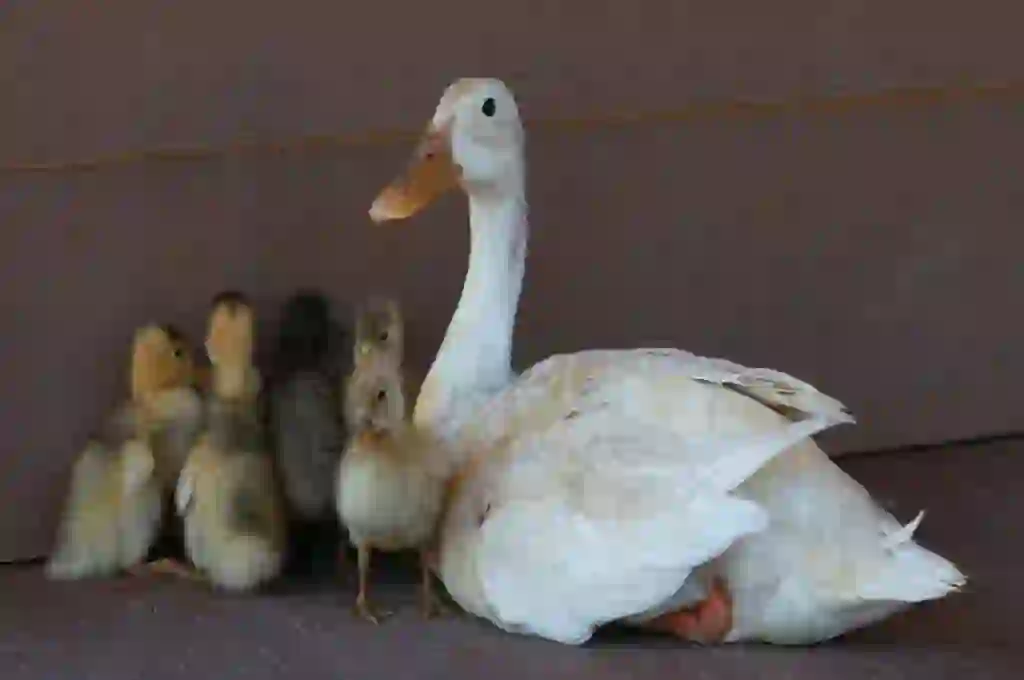
出典:https://pixabay.com/images/id-709719/

Help Enrich Our Animalbook.jp with Your Media!
We are constantly looking to expand and enrich our Animalbook.jp with amazing photos and videos of animals. If you have any media that you'd like to share, please contribute and help us showcase the beauty and diversity of the animal kingdom. Your submissions will be credited and featured in our encyclopedia, reaching a wide audience of animal lovers.


















